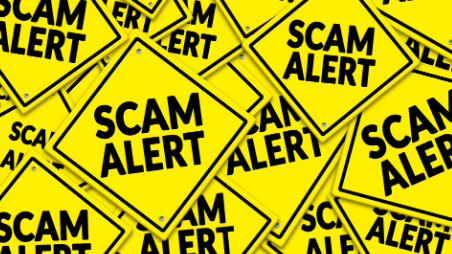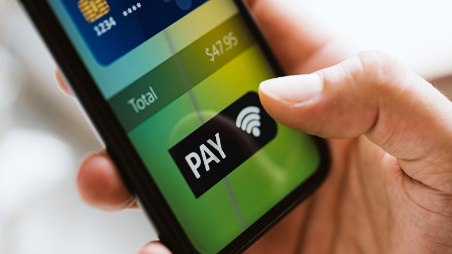Last week, we held a meeting with one of our clients who has worked with our firm for 25 years. When we started our call, he told us that he had fallen victim to a telephone scam that cost him $12,000. The story goes like this:
Our client received a frantic call from his “granddaughter,” claiming that she had been arrested. She said they were pulled over, and the police found drugs in the car. The driver of the car had a weapon under the seat, which his granddaughter said she knew nothing about.
A phony “attorney” was also on the line, stating that they needed $12,000 to post bail, and he reassured our client that he would get the money back once everything was settled. The granddaughter begged him not to tell her parents. Our client went to the bank, told the teller that he wanted to wire money for a business transaction (he was told by the “attorney” that telling the bank that is was to pay bail would only slow things down) and proceeded to wire $12,000 to a fraudulent bank account.
He called his granddaughter later on in the day to ask how she was doing. She had no idea what he was talking about when he asked about the arrest. At that point, he realized that he was a victim of a fraud. He filed a police report and notified the bank, but it was too late. The money was gone.
Unfortunately, he’s not alone. In 2019, there were 1.7 million reported cases of fraud, which resulted in over $1.9 billion in dollars lost. Scam artists are professionals, and they know exactly how to prey on their victims.
Here are some telltale signs of a scam:
- The frantic call created a heightened sense of urgency, and the emotion of wanting to help a loved one in need can cloud judgement.
- The scammer sounded just like his granddaughter, even calling them by the same names, “papa” and “mammy.”
- The pleading from the granddaughter not to tell her parents prevented him from being able to call to verify her whereabouts.
- The attorney sounded very official, instructing our client to tell the bank that the money was for a business transaction. This prevented the bank from flagging the transaction as fraudulent.
- The reassurance from the attorney that he would get the money back alleviated the victim’s concern about sending a large sum of money.
When I asked our client if he would be comfortable relating his story to our clients, he was happy to oblige, saying that sharing his story could help others from falling victim to a similar scam. If you find yourself in a similar situation, please do your due diligence before transferring any money or giving out personal information. Contact friends, family, your financial institution, government agency, or the police to verify the legitimacy of the call. Your best line of defense in a situation such as this is to speak directly with the person who is allegedly asking for help – before doing anything.
Here is a list of other common scams to watch out for. If you are uncertain about phone calls or emails you’ve received that may be fraudulent, do not hesitate to contact our office for assistance.
PLEASE SEE IMPORTANT DISCLOSURE INFORMATION HERE.




